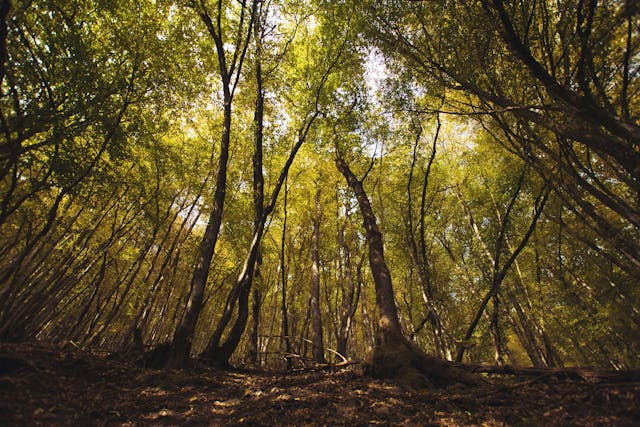France tightens rules for Airbnb

Filios Sazeides, Unsplash
The law is not yet in effect, but starting in the fall, it will be more difficult to rent an apartment. Of course, we are only talking about so-called "tourist" accommodation, which is exactly what Airbnb and other aggregators use as their main platform. It is not yet known how this will affect prices, but we should expect them to rise. Several factors contribute to this.
First, tax breaks on income from renting out tourist or short-term accommodations will be greatly reduced. In other words, the landlord will now receive fewer benefits and will likely try to compensate at the expense of the guest.
Second, restrictions on the length of the lease are also likely. Similar rules already exist in some European countries and the UK. In Amsterdam, for example, you cannot rent accommodation to tourists for more than 60 days a year, and in Vienna, as of July this year, no more than 90 days. Moreover, we are not talking about a single continuous rental, but about the cumulative. That is, out of 365 days, only 60 or 90 (depending on the country) the owner will be able to receive income.
The law of the European Parliament also provides for the creation of a single register of information on landlords. This will allow not only government agencies to track the activities of property owners, but also ordinary users. This should help to better control the housing sector and combat speculation, fraud and tax evasion.





